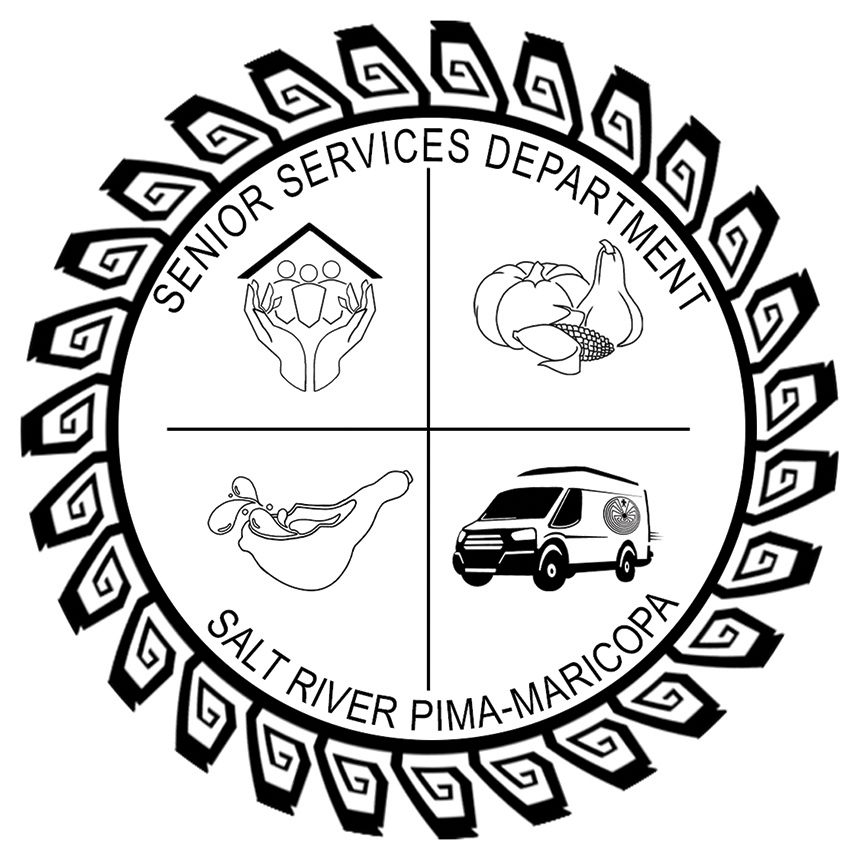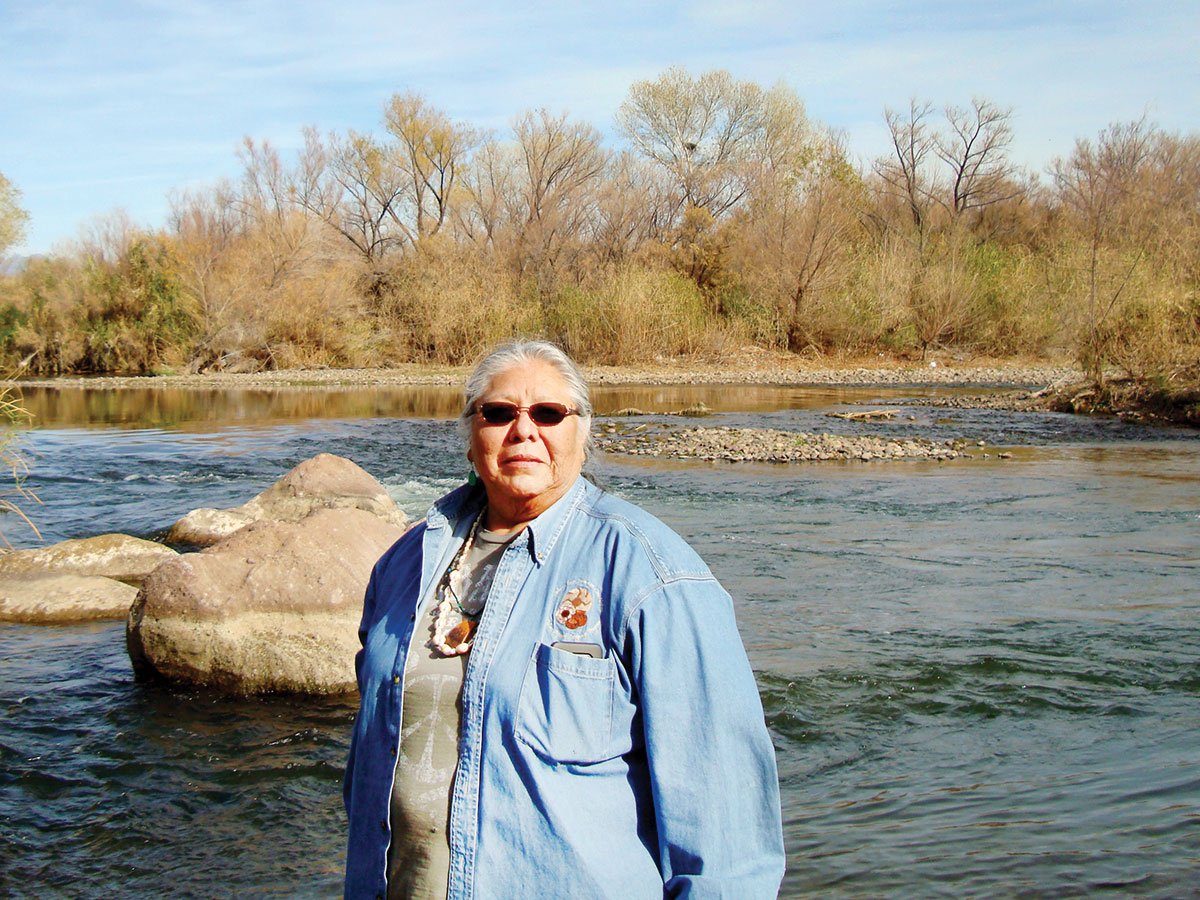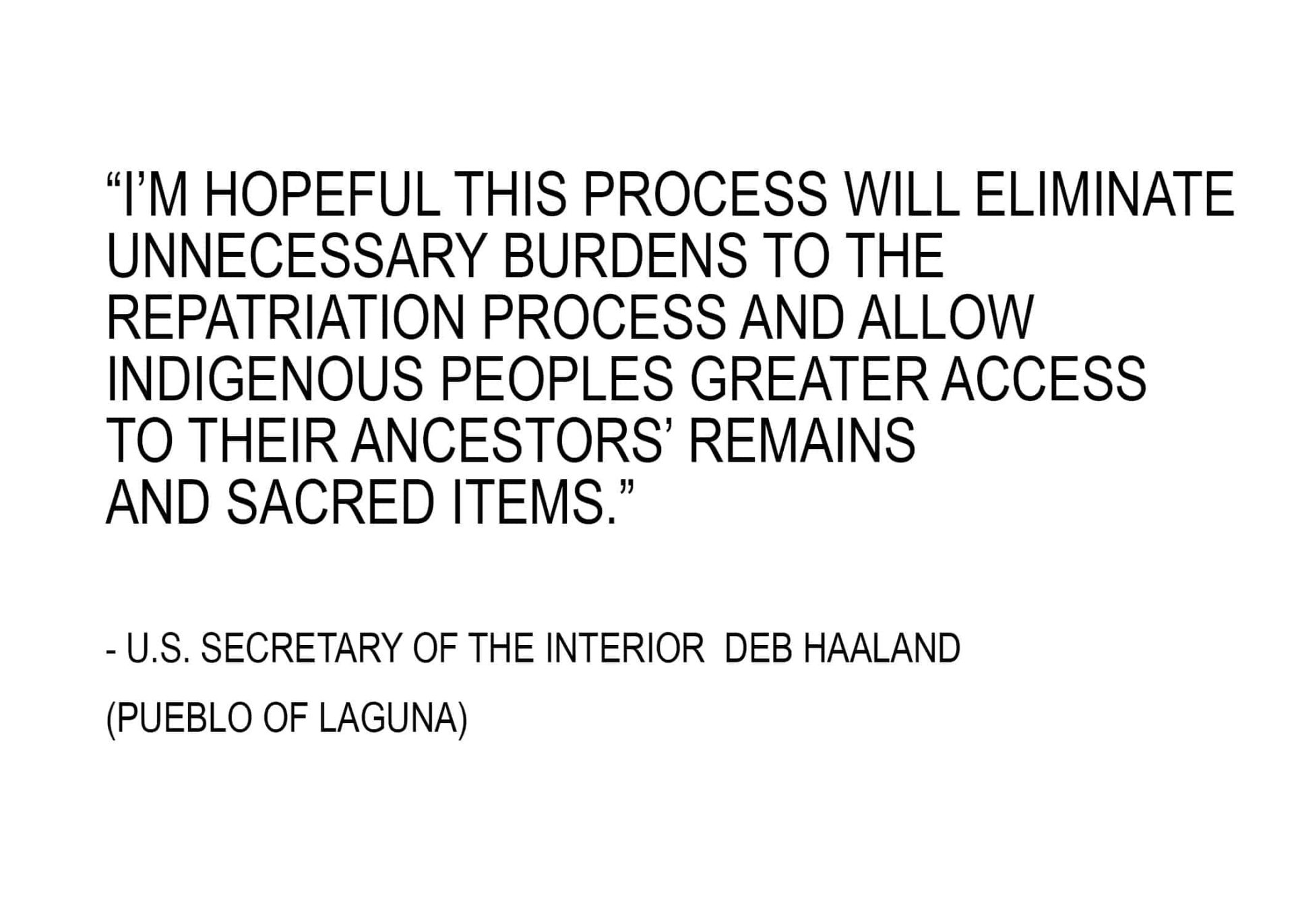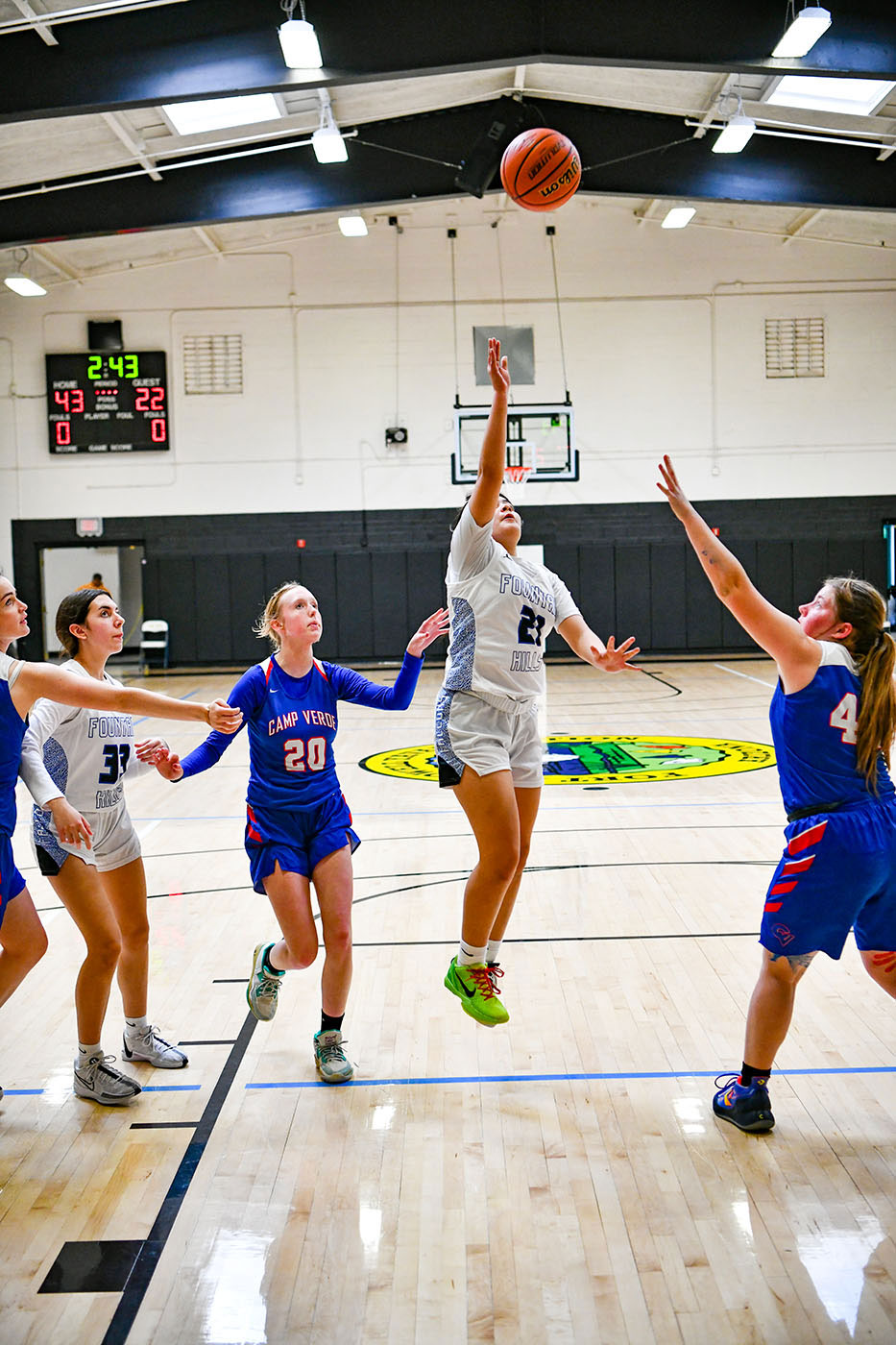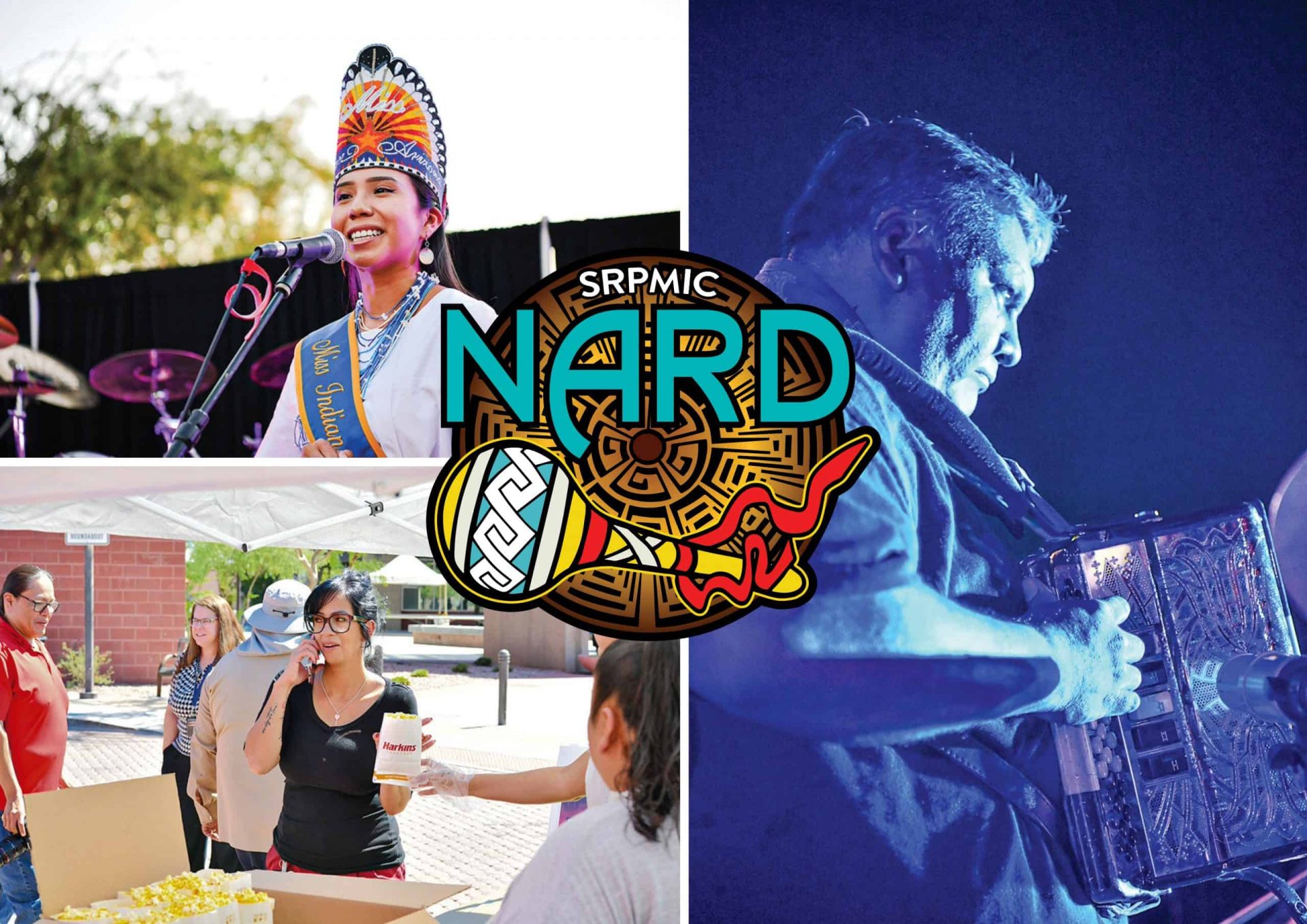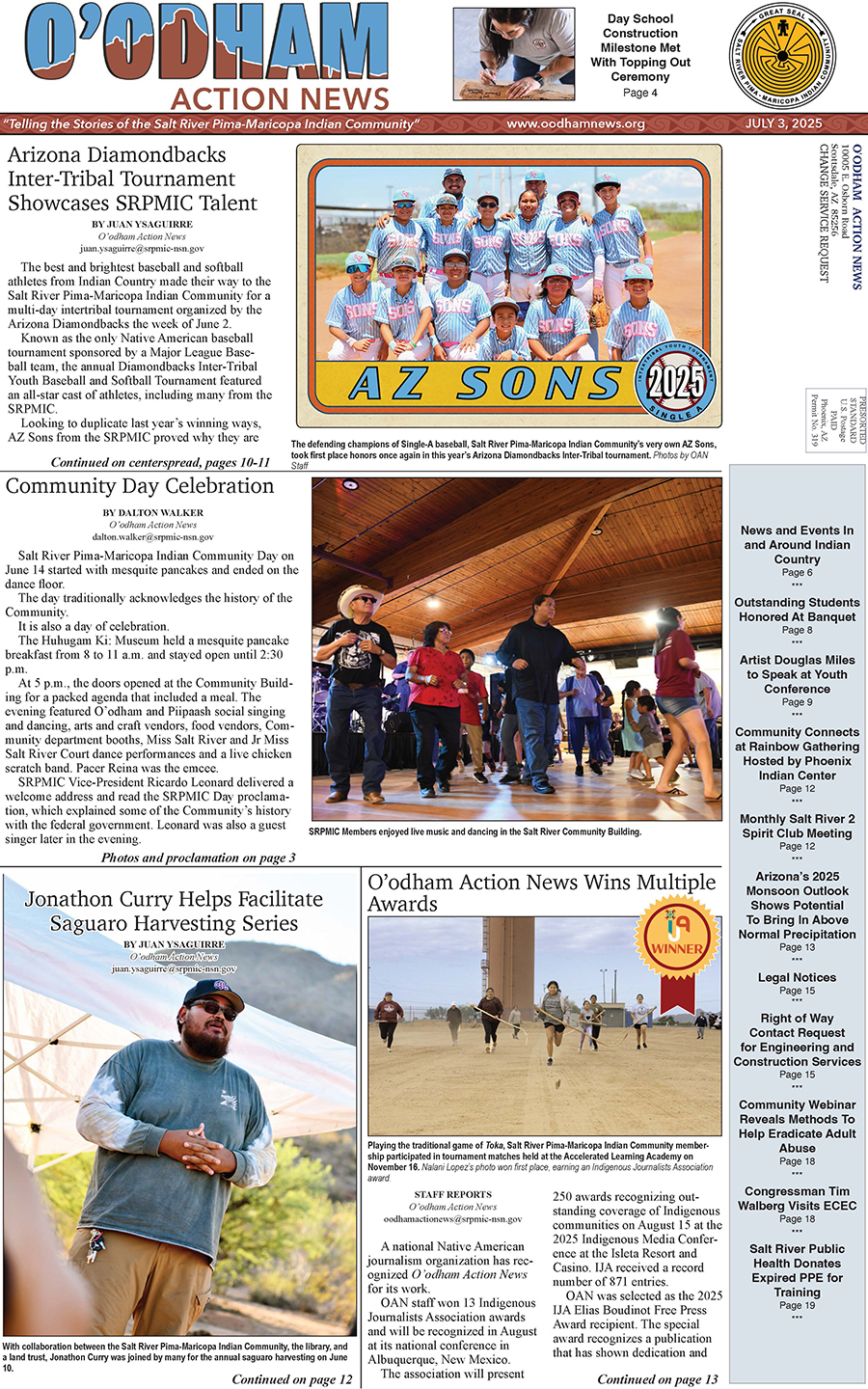VIEWS: 2710
May 19, 2021SRPMIC Elder Code Outlines Ways to Protect Vulnerable Members
The Salt River Pima-Maricopa Indian Community Code of Ordinances includes the “Elderly and Vulnerable Adult Protection Code,” or the “Elder Code” for short.
The Elder Code is developed with input from different SRPMIC government departments and approved by Council. The Community is able to practice its own jurisdiction by the development of the code, which supports a “family first” philosophy in petitioning any legal process on behalf of a vulnerable elder or disabled adult.
“This is the code’s strength in protecting the vulnerable member, what is in the best interest of the vulnerable member and, most importantly, family,” said Alfhonso Havatone, social services manager with the Senior Services Department.
Abuse and taking advantage of elders and adults with disabilities is a serious matter, and Havatone and the staff at Senior Services/Support Services/Adult Protective Services rely on families to recognize and uphold the Elder Code. Sometimes the abuse is coming from a family member, so in order for families to strengthen and heal, Havatone said that families need to come together and plan how to care for their loved ones as they age.
The Elder Code policy states: “It is the tradition and custom of the Community to honor and protect the elderly and vulnerable of the Community. The elderly are the possessors of the spiritual and collective wisdom and traditions of the Community. [V]ulnerable adults [also] warrant special concern and protection of the Community. The elderly and vulnerable adult protection ordinance is to be liberally construed for their protection.”
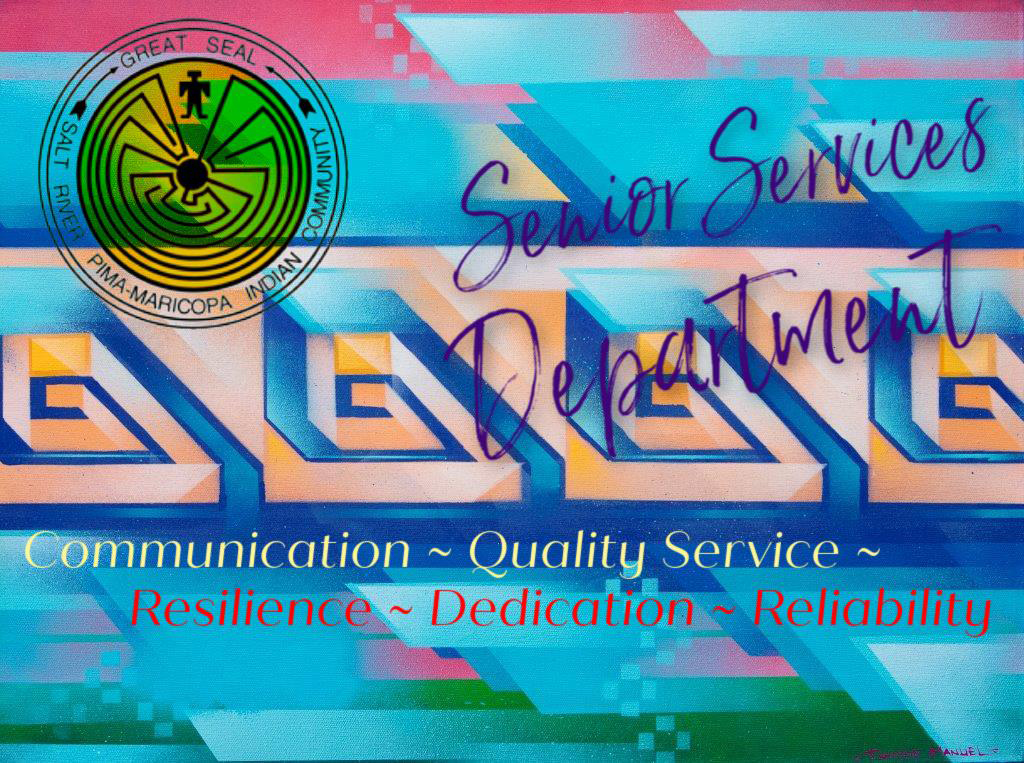
The purpose of this article is “to protect the elderly and vulnerable adults within the jurisdiction of the Community, including enrolled members who do not live within the Community, from abuse, neglect or exploitation.”
The definitions outlined in the policy are as follows:
“Abuse means the infliction or threatened infliction of physical, sexual, emotional, psychological or spiritual harm intentionally, negligently, recklessly, knowingly or by omission.
“Neglect of an elderly person or vulnerable adult means a caregiver’s failure or omission to provide an elderly person or vulnerable adult with the care, supervision, and services necessary to maintain the elderly person’s or vulnerable adult’s physical and mental health, including, but not limited to, food, nutrition, clothing, shelter, supervision, medicine and medical services, that a prudent person would consider essential for the well-being of the elderly person or vulnerable adult; or failure to make reasonable effort to protect an elderly person or vulnerable adult from abuse, neglect or exploitation by another person.
“The term ‘exploitation’ means knowingly, by deception or intimidation, obtaining or using, or endeavoring to obtain or use, an elderly or vulnerable adult’s funds, assets, or property with the intent to temporarily or permanently deprive the elderly or vulnerable adult of the use, benefit, or possession of the funds, assets, or property or to benefit someone other than the elderly or vulnerable adult by a person who: stands in a position of trust and confidence with the elderly person or vulnerable adult; or has a business relationship with the elderly person or vulnerable adult.”
APS Social Worker II Delaine Rodriguez wants to remind the Community to make a report to APS with any suspicion of abuse, neglect or exploitation. “Protect, respect and cherish [your] elders,” said Rodriguez.
Social Worker II Adrian Doctor encourages families to exercise their rights by getting involved. “[Getting involved] would mean families caring for their elders, getting involved with local elderly care services, and families working together to plan care for their elder(s) and making connections with the local social-work team to tap into resources,” said Doctor.
The entire Elder Code and SRPMIC Code of Ordinances can be found online at www.srpmic-nsn.gov/government/ordinances/.

